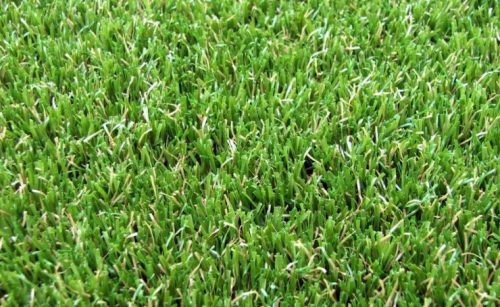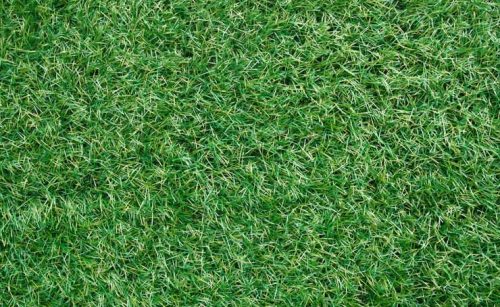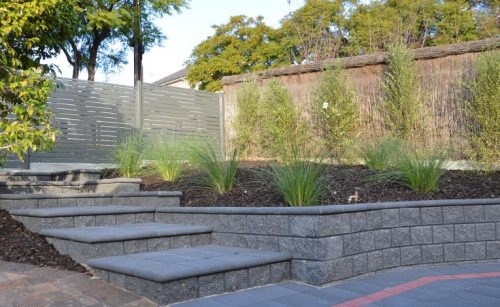Organic Compost For Healthy Plants.
Compost Adelaide landscapers from Visual Landscape Gardening use is organic matter that has been decomposed into humus. Modern composting is a multi- step, closely monitored process with measured amounts of water, air, carbon and nitrogen-rich materials. The decomposition process is aided by shredding the plant matter, adding water and ensuring proper aeration by regularly turning the compost. Worms and fungi further break up the material. Aerobic bacteria and fungi manage the chemical process by converting the mixture into heat, carbon dioxide and ammonium. The ammonium is in the form of nitrogen (NH4); used by perennials, shrubs and trees. When available ammonium not used by plants it is further converted by bacteria into nitrates (NO3); through the process of nitrification. This nitrate form of nitrogen is used by annuals.
Compost should be rich in nutrients to be used in gardens. The compost itself is beneficial to soils, acting as a soil conditioner, fertilizer and as a natural pesticide for the soil.
Popular Types Of Compost Mixes
Compost Tips:
Compost is generally recommended as an additive to soil. It provides a rich growing medium, or a porous, absorbent material that holds moisture and soluble minerals, providing the support and nutrients in which plants can flourish, although it is rarely used alone, being primarily mixed with soil, sand, grit, bark chips, vermiculite, perlite, or clay granules to produce loam. Compost can be dug directly into the soil to boost the level of organic matter and the overall fertility of the soil.
Generally, direct seeding into a compost is not recommended. It is very common to see blends of 20–30% compost used for transplanting young seedlings.
Although displayed in the photo above, mushroom compost is not one of the landscaping supplies we recommended because it is generally very low in nutrients; about a third of what is found in organic compost mixes and is also high in salt content.




 Synthetic Grass
Synthetic Grass Roll Out Lawn
Roll Out Lawn How To Lay Synthetic Grass
How To Lay Synthetic Grass

